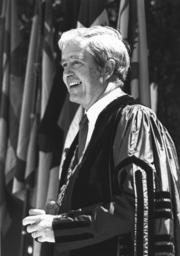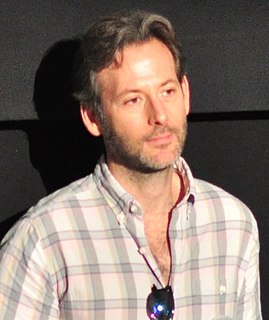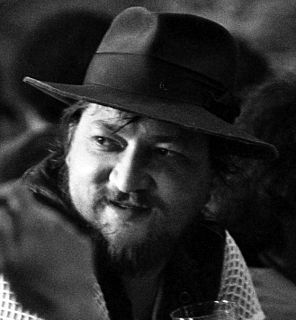A Quote by Michel Tournier
The writer's function is to prevent myths turning into allegories.
Related Quotes
I'm no longer religious, but the Bible fascinates me. Hardly anyone reads it anymore, but it's got everything: it's a book of poetry, it's a book of principle, it's a book of stories, and of myths and of epic tales, a book of histories and a book of fictions, of riddles, fables, parables and allegories.
Myths, as compared with folk tales, are usually in a special category of seriousness: they are believed to have "really happened,"or to have some exceptional significance in explaining certain features of life, such as ritual. Again, whereas folk tales simply interchange motifs and develop variants, myths show an odd tendency to stick together and build up bigger structures. We have creation myths, fall and flood myths, metamorphose and dying-god myths.
The very function of creativity, of the elaboration of the human condition only enlarges the human spirit and, I mean, as a writer I don't want to read political literature all the time. It would be terribly boring and, you know, abrasive, but just reading the insights, you know, partaking of the insights of a writer into phenomena, into society, into human relationships, both on a micro level and on a macro level, is already a function.
Beware of self-indulgence. The romance surrounding the writing profession carries several myths: that one must suffer in order to be creative; that one must be cantankerous and objectionable in order to be bright; that ego is paramount over skill; that one can rise to a level from which one can tell the reader to go to hell. These myths, if believed, can ruin you. If you believe you can make a living as a writer, you already have enough ego.




































